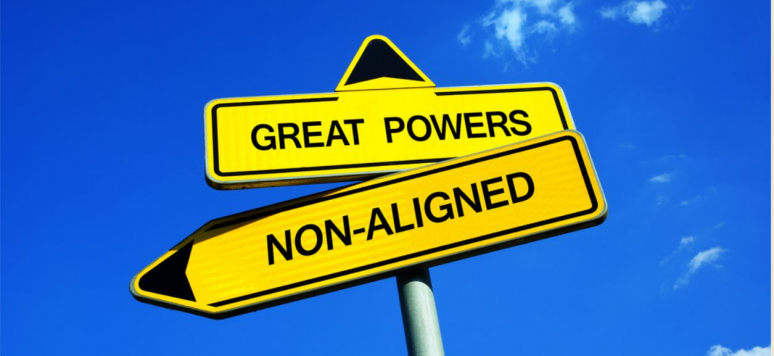Neutrality and non-alignment after the Russian Invasion of Ukraine
The Russian invasion of Ukraine has reignited discussions about the status of neutrality and non-alignment in several parts of Europe.

While the future security policy options for Ukraine is a subject of negotiations between Kyiv and Moscow, other European nations with a history of military non-engagement are now examining whether the time has come to rethink their security policy.
The discussion is probably most advanced in Finland and Sweden, where NATO membership is now seriously considered. In Austria and Malta, the status of neutrality is enshrined in the constitutions, while Ireland has made it a cornerstone of foreign policy.
What does neutrality and non-alignment means today in Europe's geopolitical age , especially after Russia's war of aggression in Ukraine? Is the historical context still relevant? To what extent did EU membership already affect the status and policy of neutrality and non-alignment?
Opening :
- Dietmar Schweisgut, General Secretary , Austro-French Centre for Rapprochement in Europe.
Discussion :
- Sophie Enos-Attali, Professor of Political Science, Institut catholique de Paris (ICP)
- Thomas Mayr-Harting, fmr. Ambassador
- Hanna Ojanen, Research Director , Faculty of Management and Business, université de Tampere
- Daniel Woker , fmr. Swiss Ambassador, Co-founder 'Share-an-Ambassador/geopolitical coaching', Vice-President 'Groupe de réflexion' Platform Switzerland-Europe
Moderation:
- Dominique David, President, Austro-French Centre for Rapprochement in Europe.

Share



